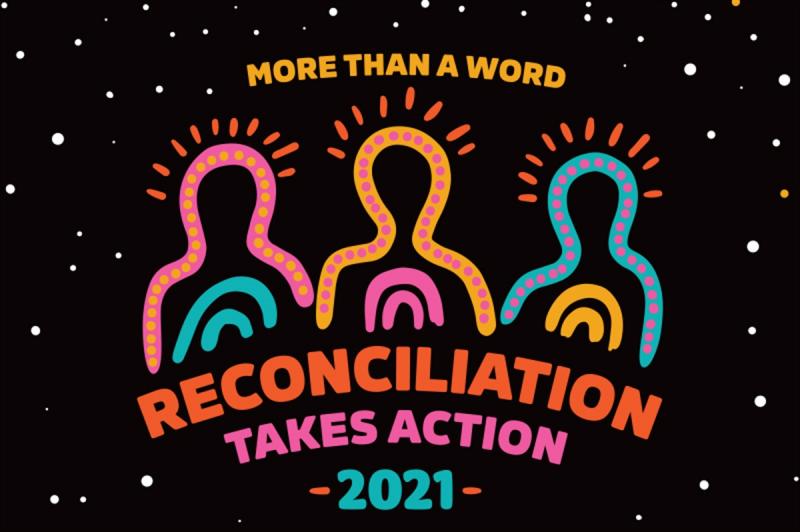
This Monday is Reconciliation Day, a day where we reflect on how Australia’s colonial history had and continues to have a devastating impact on Aboriginal and Torres Strait Islander peoples.
First Nation Australians were disposed of their land, suffered violence, and continue to face racism. Reconciliation in Australia is understood through five dimensions: historical acceptance; race relations; equality and equity; institutional integrity and unity. It is not a fixed point, but an ongoing journey towards greater equality.
Held on the first Monday after or not the 27th May, reconciliation day commentates the 1967 referendum on including Indigenous Australians in the national census.
Australia has come a long way since that referendum, but there is still work to be done in achieving equality for Aboriginal and Torres Strait Islanders in Australia.
Health outcomes for many Aboriginal and Torres Strait Islander people continue to be poor in comparison to non-indigenous Australians and improvement in this area must be a key focus of the reconciliation process to ensure real equality is achieved. A reconciled Australia, for example, would see all Australian children have the same life chances, and would see lives not determined by racial background.
The theme for 2021’s event is "More than a word". Reconciliation takes action, which urges all Australians to take braver, more impactful action in achieving reconciliation.
Individuals, families, communities, and organisations across Australia have a role to play in achieving reconciliation.
Flourish Australia urges everyone to get involved in the week as well as taking meaningful steps to achieve reconciliation each and every day of the year. From calling out racism to educating others on the discrimination Indigenous Australians face, there are a number of ways you take action. For ways in which you can get play an active role in reconciliation, visit https://www.reconciliation.org.au/national-reconciliation-week/


